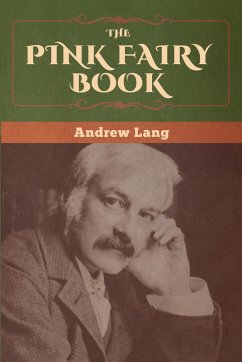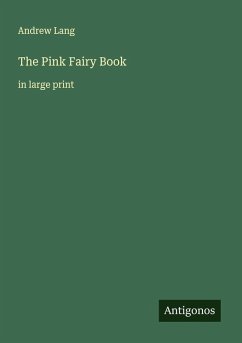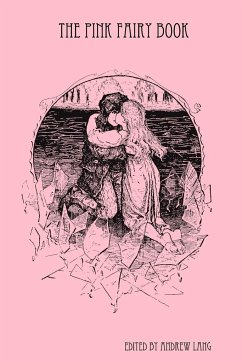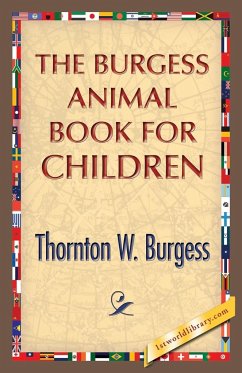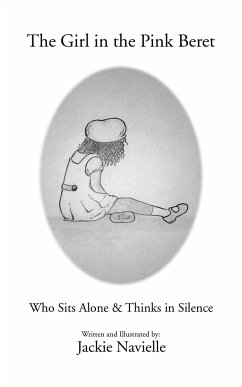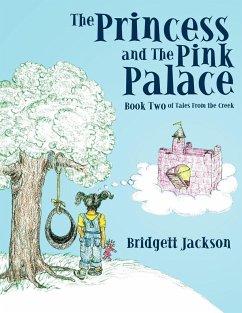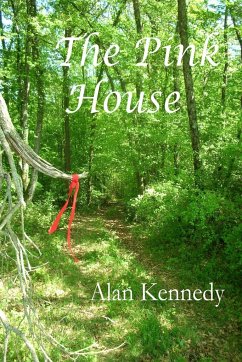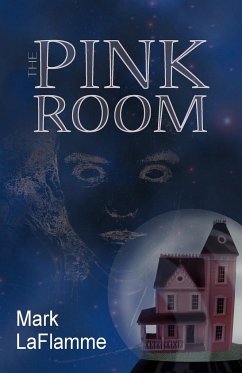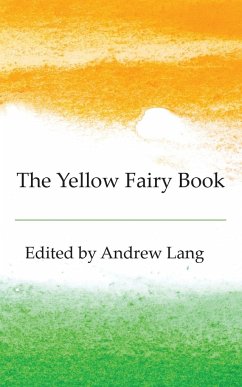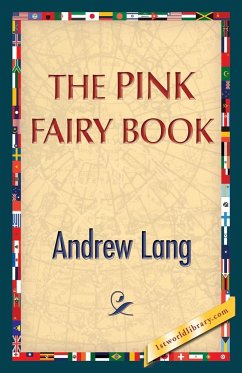
The Pink Fairy Book
Versandkostenfrei!
Versandfertig in 1-2 Wochen
19,99 €
inkl. MwSt.

PAYBACK Punkte
10 °P sammeln!
Purchase one of 1st World Library's Classic Books and help support our free internet library of downloadable eBooks. Visit us online at www.1stWorldLibrary.ORG - - All people in the world tell nursery tales to their children. The Japanese tell them, the Chinese, the Red Indians by their camp fires, the Eskimo in their dark dirty winter huts. The Kaffirs of South Africa tell them, and the modern Greeks, just as the old Egyptians did, when Moses had not been many years rescued out of the bulrushes. The Germans, French, Spanish, Italians, Danes, Highlanders tell them also, and the stories are apt...
Purchase one of 1st World Library's Classic Books and help support our free internet library of downloadable eBooks. Visit us online at www.1stWorldLibrary.ORG - - All people in the world tell nursery tales to their children. The Japanese tell them, the Chinese, the Red Indians by their camp fires, the Eskimo in their dark dirty winter huts. The Kaffirs of South Africa tell them, and the modern Greeks, just as the old Egyptians did, when Moses had not been many years rescued out of the bulrushes. The Germans, French, Spanish, Italians, Danes, Highlanders tell them also, and the stories are apt to be like each other everywhere. A child who has read the Blue and Red and Yellow Fairy Books will find some old friends with new faces in the Pink Fairy Book, if he examines and compares. But the Japanese tales will probably be new to the young student; the Tanuki is a creature whose acquaintance he may not have made before. He may remark that Andersen wants to 'point a moral,' as well as to 'adorn a tale; ' that he is trying to make fun of the follies of mankind, as they exist in civilised countries. The Danish story of 'The Princess in the Chest' need not be read to a very nervous child, as it rather borders on a ghost story. It has been altered, and is really much more horrid in the language of the Danes, who, as history tells us, were not a nervous or timid people. I am quite sure that this story is not true. The other Danish and Swedish stories are not alarming. They are translated by Mr. W. A. Craigie.





